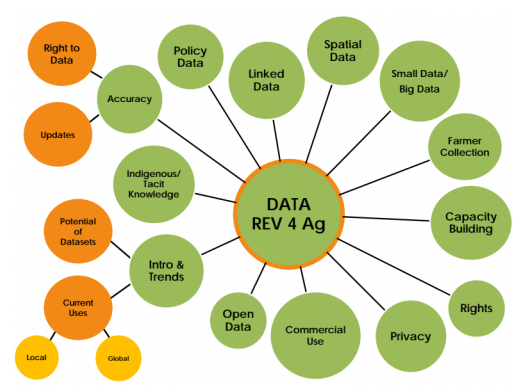In the final part of our business owner’s guide to Wikipedia, we’ll be answering some of the questions that are most frequently asked by novice contributors.
Who edits Wikipedia?
India’s youngest Wikipedian, Sai Shanmugam, pictured in 2011Source: DNAindia.com
As we have already discussed, anyone can edit articles on Wikipedia. However, there are definite trends that can be observed. A 2007 study by Aaron Swartz revealed that 50% of the edits were made by a core group of less than 500 users, while nearly 75% were made by a larger group of around 1400 users. So who are these people? Well, according to a 2011 Wikimedia Foundation survey, the typical Wikipedian is male, 30 years old, is computer-savvy but not necessarily the archetypal uber-geek (in that they aren’t programmers or habitual players of online games), and lives in Europe or North America. However, as Wikipedia has grown, so has the diversity of its user base, and gradually this picture is shifting towards a more representative framework.
How does the formatting work?
If you’re going to create a new article, or make substantial edits to an existing article, then you’ll need to learn at least a little bit of Wikipedia’s own markup language, which is similar to HTML but with some important differences. The most important ones to learn are how to make words bold or italicized, create headings for sections, and format references properly. Everything else is a bonus.
Can a page be locked to prevent future edits?
If a page is locked, it means that an edit war is taking place on the page. However, pages can’t be kept locked indefinitely. The best way to avoid edit wars and ensure that your suggested edits remain in place is to use the proper discussion channels, such as the talk page, and have an established user profile with a history of edits across more than one page.
The most likely answer to this question is that nobody has thought to create one, or if they have, then they have found out that it doesn’t meet Wikipedia’s notability guidelines. If you have created a page for your company, only to find that it has been deleted, then the lack of notability is the most likely reason.
What makes a topic notable?
It’s a combination of factors. For starters, you need a couple of reliable sources, such as coverage in trade magazines or newspapers, but this alone won’t be enough to guide you over the line. You also need this coverage to explain to the reader why your company is a leader in its field, or a notable innovator in terms of technology or business strategy. If you think that your company might not be considered notable, then the chances are that it won’t be.
Why is the quality of articles so varied?
All the content on Wikipedia is created by volunteers, so it is natural that some articles will be better written and more thoroughly researched than others. Generally speaking, the highest quality articles tend to cover the subjects that are of greatest interest to regular computer users, such as technology and current events. Subjects that receive less online attention generally, such as history and social science, can tend to be a little neglected on Wikipedia – with some notable exceptions of course.
Who approves new edits?
There is no central body that approves new edits, and it is up to other Wikipedians to ensure the quality of contributions. Although Wikipedia’s Recent Changes Patrol is responsible for stamping out vandalism, they don’t intervene with other edits, so in most cases edits go live immediately and stay until someone comes across the page and decides to make a change.
If I have never made an edit before, can I create a new article?
There is nothing to prevent you from creating an article if you have never made an edit before, but it’s important to learn the proper processes before you do this. Therefore, it’s best to do some reading first, create a profile, and make a few edits to articles that you have an interest in before you attempt to create a new page, as this will prevent you from falling into the most common pitfalls.
I am a writer based in London, specialising in finance, trading, investment, and forex. Aside from the articles and content I write for IntelligentHQ, I also write for euroinvestor.com, and I have also written educational trading and investment guides for various websites including tradingquarter.com. Before specialising in finance, I worked as a writer for various digital marketing firms, specialising in online SEO-friendly content. I grew up in Aberdeen, Scotland, and I have an MA in English Literature from the University of Glasgow and I am a lead musician in a band. You can find me on twitter @pmilne100.
























